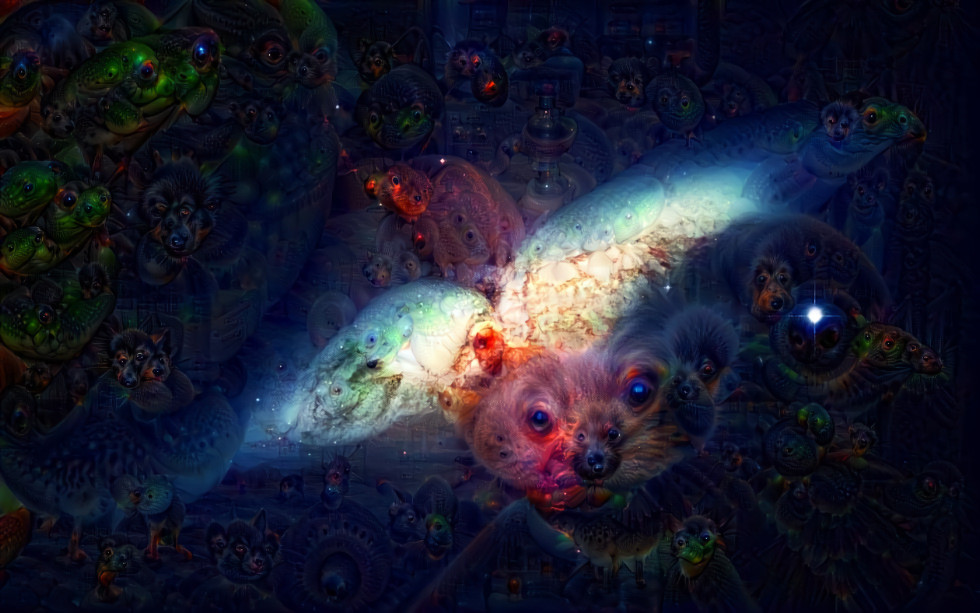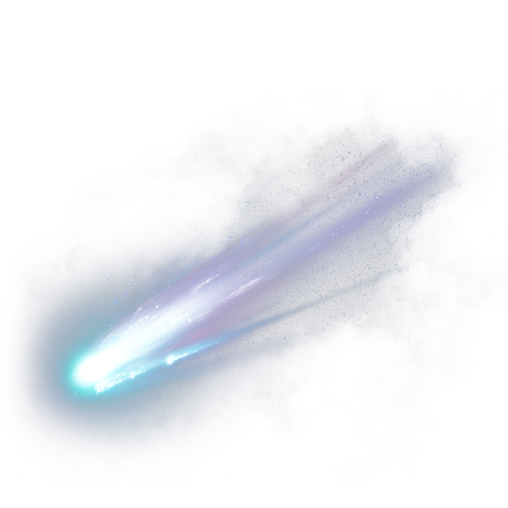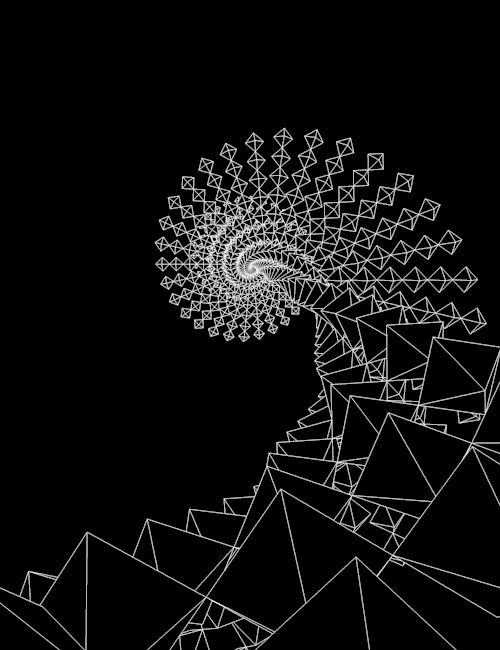Fotiou, E.. (2019). The role of Indigenous knowledges in psychedelic science. Journal of Psychedelic Studies, 4(1), 16–23.
Plain numerical DOI: 10.1556/2054.2019.031
DOI URL
directSciHub download
Show/hide publication abstract
“This paper reflects on potential contributions from anthropology to the field of ‘psychedelic science.’ although the discipline’s beginnings went hand in hand with colonialism, it has made significant contributions to the understanding of indigenous knowledge systems. furthermore, recent calls to decolonize our theoretical frameworks and methodology, notably the ‘ontological turn,’ open up the space for engaging meaningfully with indigenous worldviews. at this critical juncture of the ‘psychedelic renaissance,’ it is important to reflect on whether the current model is satisfactory and on ways to decolonize psychedelic science. what we need is a shift in paradigm, one that will acknowledge the validity of indigenous worldviews as equal partners to scientific inquiry. acknowledging the contributions of indigenous knowledges to psychedelic science is necessary and needs to go hand in hand with attempts to revise biomedical models to be more inclusive in substantial ways. the paper does not argue for the abandonment of the scientific paradigm, rather for the abandonment of its privileged position. decolonizing psychedelic science will require allowing multiple perspectives to coexist and contribute equally to our efforts going forward.”
“The real puzzles this brew presents pertain, I think, neither to botany nor to culture but rather to the human mind. As such, the study of ayahuasca belongs first and foremost to the domain of psychology, and more specifically cognitive psychology – the discipline investigating the workings of the human mind.”
Shanon, B. (1997). Cognitive psychology and the study of ayahuasca. Jahrbuch Für Ethnomedizin Und Bewusstseinsforschung/Yearbook for Ethnomedicine and the Study of Consciousness, 6, 77–94.
Ψ From Molecule to Mind — and beyond ∞






